Living without a credit card might seem like an unconventional choice in todays world. Credit cards are often viewed as essential for building credit, making purchases, and handling emergencies. However, for many, the downsides of credit card debt, fees, and interest can outweigh the benefits. While it may seem difficult at first, living a credit-card-free lifestyle is entirely possible and can offer more control over your finances. In this article, well explore how to live without a credit card, the benefits of this lifestyle, and alternative ways to manage your money.
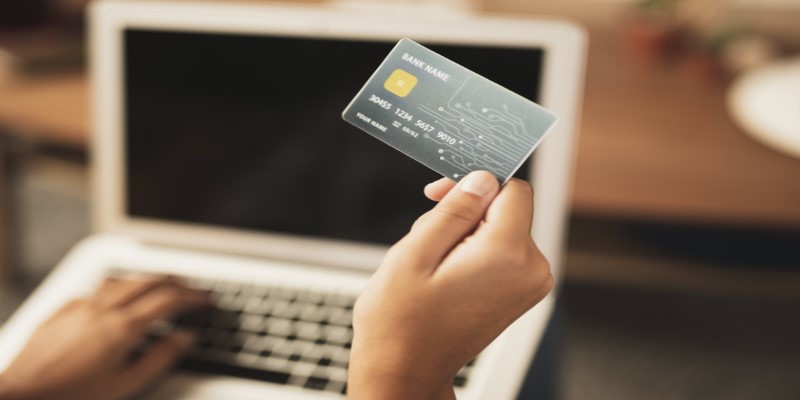
Credit cards can be useful tools, but they also come with risks. Many people fall into the trap of overspending, accumulating debt, and paying high interest rates. Living without a credit card eliminates the temptation to spend money you dont have, reducing the risk of financial stress. It encourages a more disciplined approach to money management, forcing you to budget wisely and rely on your available funds.
For those seeking financial independence, avoiding credit cards can be a step toward more mindful spending. It removes the pressure of making monthly payments and allows you to live within your means. Additionally, living without credit cards can help avoid issues such as annual fees, late fees, or damaging your credit score through missed payments.

Living without a credit card doesnt mean living without access to funds or convenience. Several alternatives to credit cards can help you manage your finances without relying on plastic:
Debit cards are one of the most straightforward alternatives to credit cards. Linked directly to your checking account, a debit card allows you to make purchases with your own money, avoiding debt altogether. Since youre limited to the balance in your account, its harder to overspend. Most banks also offer fraud protection on debit cards, similar to credit card security.
Using cash for daily expenses is an old-school method that can significantly help control spending. With money, you can physically see how much you have and set a strict limit on how much youre willing to spend. Many people use the envelope system, where they allocate specific amounts of cash for various categories like groceries, entertainment, and bills. Once the money is gone, theres no more spending for that category.
Prepaid cards work just like debit cards but they are not associated to your bank account. You can have a set amount of money on the prepaid card and use it until the money runs out. Prepaid cards can be an excellent option for budgeting, as they prevent you from spending more than you have. However, be cautious of fees associated with some prepaid cards, such as loading fees or transaction fees.
For paying bills or transferring money to others, direct bank transfers are an easy and secure option. Many banks offer free online bill pay services, allowing you to pay utilities, rent, or other bills directly from your checking or savings account. This method eliminates the need for a credit card and can help you stay on top of payments without incurring any interest charges.
Although some people avoid credit cards because of interest charges, Buy Now, Pay Later (BNPL) services like Afterpay or Klarna offer an alternative. These services allow you to buy and pay for them in installments, often without interest, if the balance is paid on time. However, its important to use these services responsibly, as missed payments can result in fees.
One of the most common reasons people feel they need a credit card is for emergencies. However, there are other ways to prepare for unexpected expenses without relying on credit. Building an emergency fund is one of the best strategies. By setting aside three to six months worth of living expenses in a savings account, youll have a financial cushion for unforeseen events.
Another option is to explore personal loans. While personal loans still involve borrowing, they typically have lower interest rates than credit cards, making them a better choice in case of a true emergency. Additionally, some employers or financial institutions offer interest-free loans or assistance programs for those in need.
A common concern with living without a credit card is the impact on your credit score. Credit cards can help build credit by showing responsible use, but they arent the only way to establish creditworthiness. Here are a few alternatives for building credit without a credit card:
Paying Bills on Time: Regular, on-time payments for rent, utilities, and other bills can positively impact your credit score. Some companies even report your payment history to credit bureaus.
Secured Loans: A secured loan is backed by a deposit or asset, such as a car or savings account. By paying off a secured loan responsibly, you can build your credit score without needing a credit card.
Credit-Builder Loans: Some banks or credit unions offer credit-builder loans. These are small loans designed to help you build credit. You make monthly payments, and once the loan is fully paid, the funds are released to you.
Becoming an Authorized User: If you have a trusted family member with good credit, you can ask to become an authorized user on their account. Their positive credit history can help boost your score without the need for your credit card.
Living without a credit card may seem challenging at first, but it offers numerous benefits for those looking to simplify their finances. By relying on alternatives like debit cards, cash, or prepaid cards, you can avoid the pitfalls of credit card debt while maintaining control over your spending. Its possible to manage emergencies, build credit, and stick to a budget without using credit cards. Ultimately, living a credit-card-free life encourages financial responsibility and can provide greater peace of mind, making it a viable option for those seeking more control over their money.
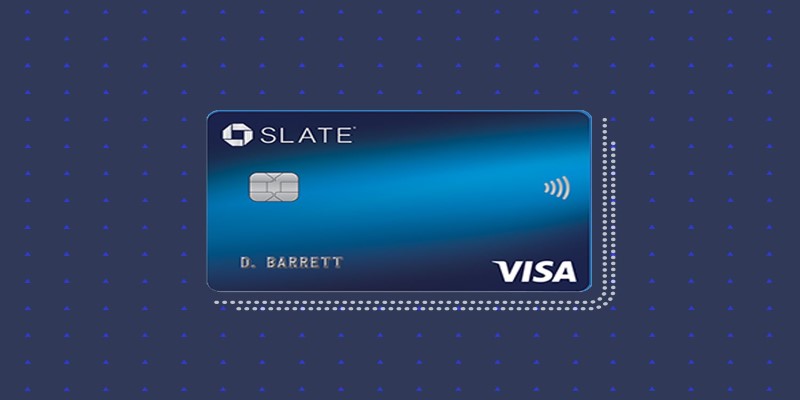
By Pamela Andrew/Oct 25, 2024
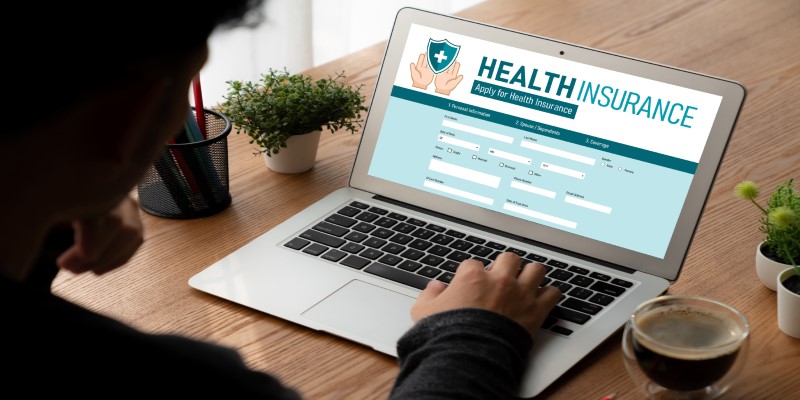
By Triston Martin/Sep 07, 2024
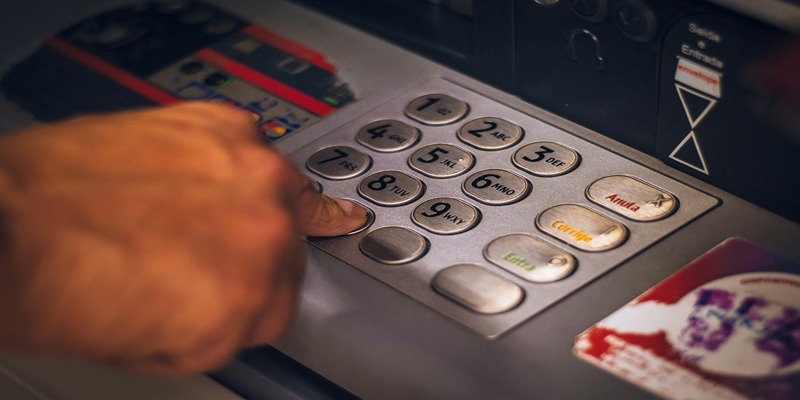
By Susan Kelly/Aug 24, 2024
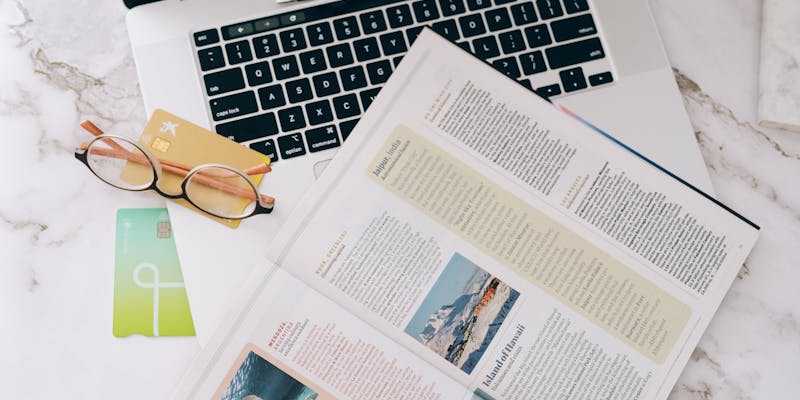
By Darnell Malan/Sep 25, 2024

By Juliana Daniel/Oct 31, 2024
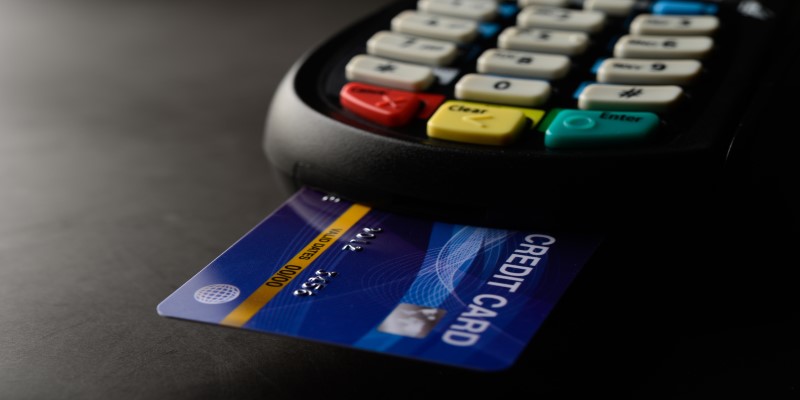
By Pamela Andrew/Sep 25, 2024

By Noa Ensign/Sep 20, 2024

By Celia Kreitner/Sep 26, 2024

By Alison Perry/Sep 20, 2024

By Juliana Daniel/Sep 26, 2024
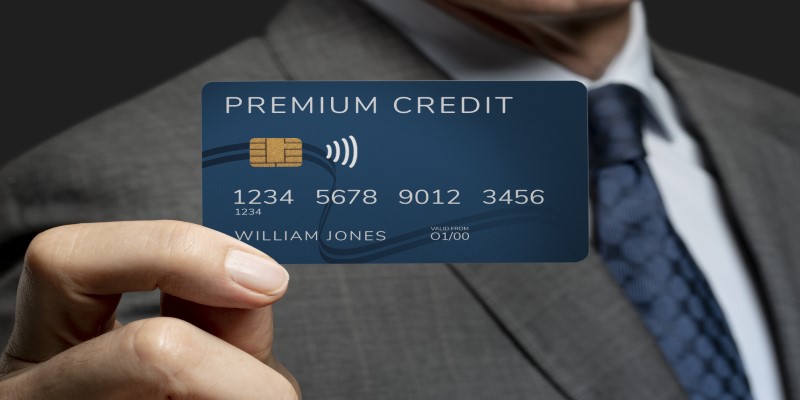
By Verna Wesley/Sep 25, 2024

By Georgia Vincent/Sep 26, 2024